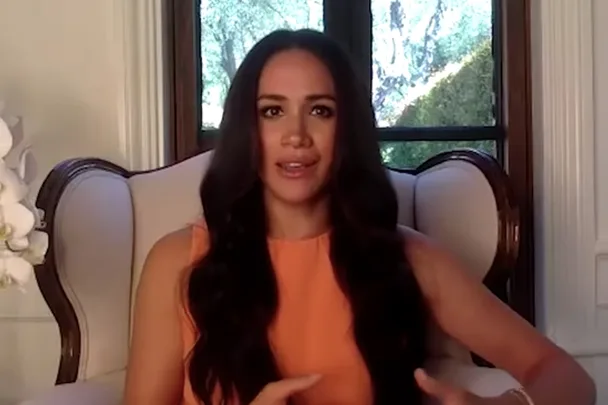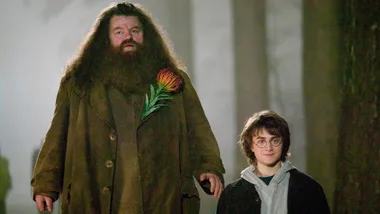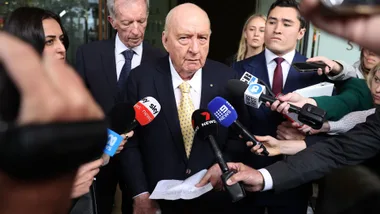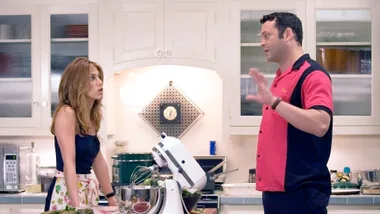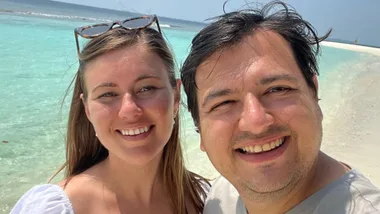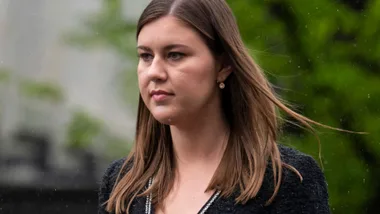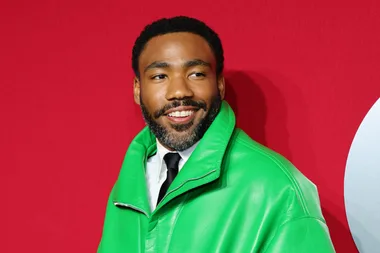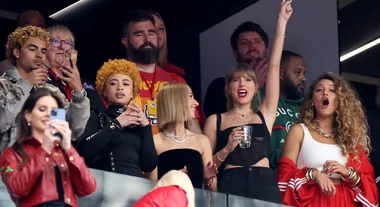Prince Harry and Meghan Markle‘s unauthorised biography, Finding Freedom, has sent shockwaves around the world. The book by authors and royal correspondents Omid Scobie and Carolyn Durand has made a number of claims about the couple, from their ‘feud’ with the Cambridges to the truth behind their decision to leave the royal family.
The Duchess of Sussex has now spoken out for the first time since the book’s release, opening up about finally being able to use her voice.
She spoke to 19th News, a ‘nonprofit, nonpartisan newsroom reporting on gender, politics and policy,’ for a summit titled ’19th Represents Summit, a week of virtual conversations with leading women in politics and public policy.’
It was her first sit-down interview since returning to LA, and while she took the role of interviewer with CEO of The 19th, she also answered questions about her recent experience of returning to the US.
She said: ‘It was so sad to see where our country was in that moment.
‘If there’s any silver lining in that, I would say that in the weeks after the murder of George Floyd, in the peaceful protests that you were seeing, in the voices that were coming out, in the way that people were actually owning their role … it shifted from sadness to a feeling of absolute inspiration, because I can see that the tide is turning.’
She added: ‘From my standpoint, it’s not new to see this undercurrent of racism and certainly unconscious bias, but I think to see the changes that are being made right now is really — it’s something I look forward to being a part of.
‘And being part of using my voice in a way that I haven’t been able to of late.
‘So, yeah, it’s good to be home.’
Meghan also discussed her relationship with the media, saying: ‘What’s so fascinating, at least from my standpoint and my personal experience in the past couple years, is the headline headline alone, the clickbait alone, makes an imprint. That is part of how we view the world, how we interact with other people.
‘There is so much toxicity out there in what is being referred to as, my husband and I talk about it often, this to the economy for attention. That is what is monetizable right now.
‘So if you’re just trying to grab someone’s attention, you’re going for something salacious versus what is truthful.
‘And I think that once we can get back to the place where what you’re creating is so important, where people are just telling the truth in their reporting, and telling it through a compassionate and empathetic lens, it’s gonna help bind people.
‘It’s gonna build community in a way I think that at the moment we’re feeling much more of a disconnect in a space where it could be one more of connection.’
This article originally appeared on marie claire U.K.
